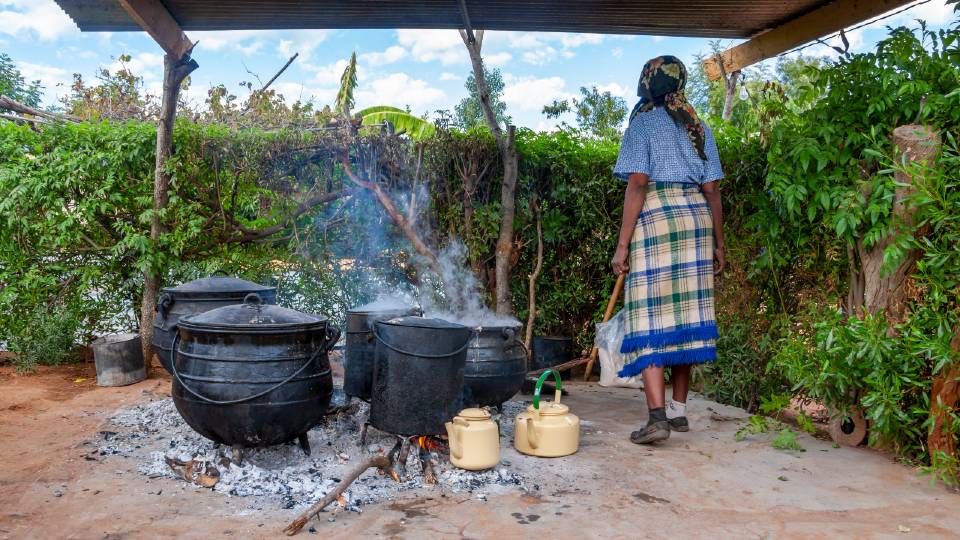Researchers in the Centre for Renewable Energy Systems Technology have used machine learning – a branch of artificial intelligence – to create a computer model that predicts future clean cooking landscapes in Sub-Saharan Africa.
Currently, around 940 million people in Sub-Saharan Africa lack access to clean cooking fuels and technologies – which are deemed ‘clean’ due to the levels of particulate matter and carbon monoxide they emit – and are consequently constrained to cooking with polluting biomass fuels, such as charcoal and wood.
